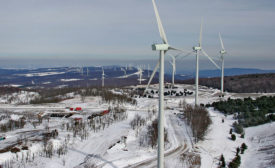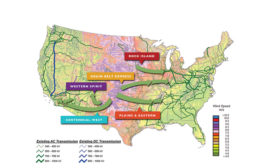Home » EPA
Articles Tagged with ''EPA''
Outrage Mounts Over Flint Water Contamination
Construction and water leaders say crisis underscores national problems with lead contamination of drinking-water supplies
Read More
The latest news and information
#1 Source for Construction News, Data, Rankings, Analysis, and Commentary
JOIN ENR UNLIMITEDCopyright ©2024. All Rights Reserved BNP Media.
Design, CMS, Hosting & Web Development :: ePublishing





